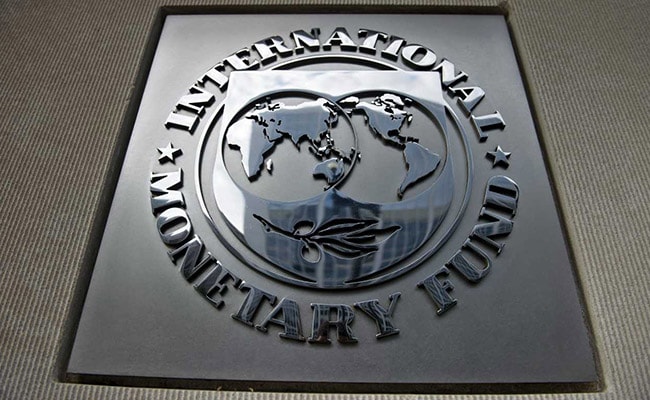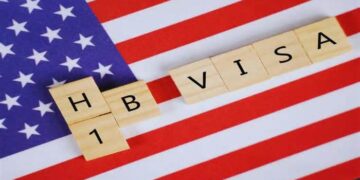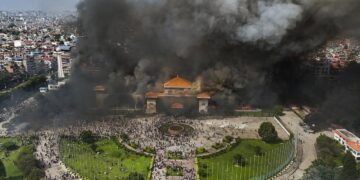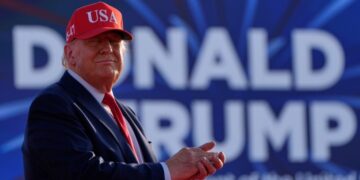Colombo, March 22 (PTI) The International Monetary Fund bailout has restored Sri Lanka’s international recognition, ended its image of insolvency and helped local banks regain the confidence of foreign investors, President Ranil Wickremesinghe told Parliament on Wednesday.

The IMF board on Tuesday approved a US$3 billion facility over a four-year period to help Sri Lanka recover from a payment arrears crisis that has gripped the island since April last year.
Wickremesinghe said the bailout would “create opportunities for low-interest loans, restore foreign investor confidence, and lay the foundation for a strong new economy.”
Accessing the IMF facility is a step towards building a better future for the youth and developing the country.In addition, the country expects about $7 billion in quick credit support from other parties.
“In the midst of many hardships, enduring all kinds of pressures and suffering equally, the people of this country remained calm and patient. Their commitment was a major force in achieving the IMF facility,” said the country’s Finance Minister Wickremesinghe.
However, Wickremesinghe recalled Sri Lanka’s difficult crisis with the need to reform vital sectors of the economy.
“We are now embarking on a new journey. Throughout the process we have to introduce many economic reforms. The foundation of our success will be on this path.
Some of these reforms have already been proposed and implemented through the Interim Budget 2022 and Budget 2023. We will introduce many reforms,” he said.
Wickremesinghe said he was able to get the IMF facility to revive the economy without any support from the opposition despite his pleas to join him.
“I cannot go to the second round of negotiations without parliamentary approval,” he said, seeking parliamentary approval for an agreement with the IMF.
For Wickramasinghe, the difficult task of negotiating with its bilateral and private bondholders has begun.
He indicated that Sri Lanka would be given a 10-year grace period to repay the debt.
Sri Lanka has been hit hard by a devastating economic and humanitarian crisis.
The economy faces significant challenges, stemming from pre-existing vulnerabilities and policy missteps leading to the crisis, further exacerbated by persistent external shocks, the IMF said.
The EFF-supported program aims to restore Sri Lanka’s macroeconomic stability and debt sustainability, reduce the economic impact on the poor and vulnerable, safeguard financial stability, and strengthen governance and development capacity.
It said the executive committee’s decision would enable an immediate disbursement equal to SDR 254 million (about US$333 million) and encourage financial support from other development partners.
In April, Sri Lanka declared a debt default for the first time in its history, the worst economic crisis since its independence from Britain in 1948, fueled by a shortage of foreign exchange.
Months of street protests led to the ouster of then-President Gotabaya Rajapaksa in mid-July. After refusing to tap the support of the global lender, Rajapakse opened IMF negotiations.
Sri Lanka has introduced painful economic measures such as tax hikes and utility tariff hikes to unlock the program.
Trade unions and opposition parties have organized protests against such measures.
The plan will allow Sri Lanka to access up to US$7 billion in financing from the IMF, International Financial Institutions (IFIs) and multilateral institutions, according to a statement.
















